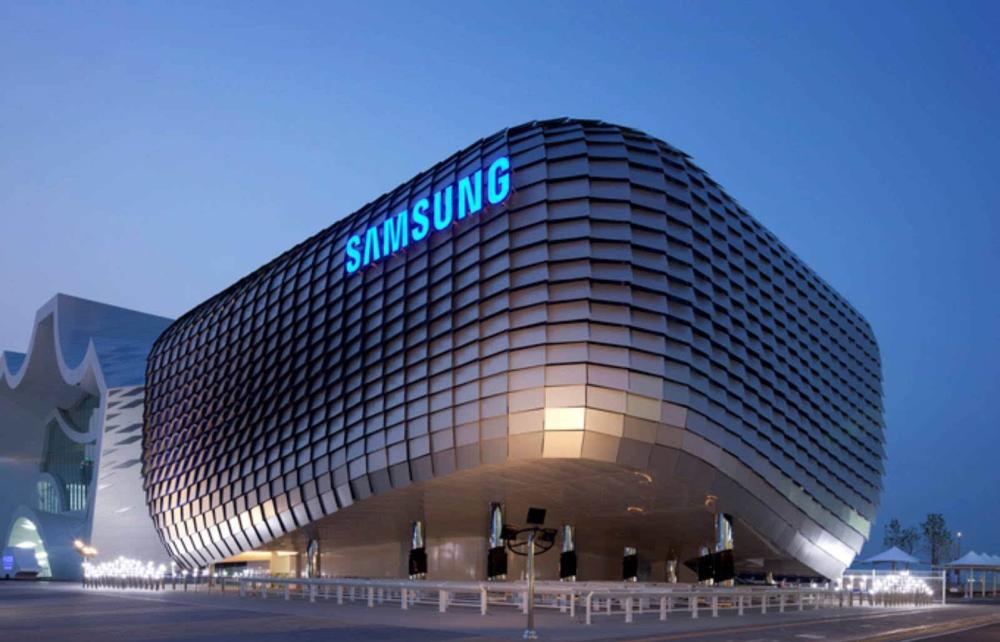It is reported that Samsung has begun to produce chips for Tesla's advanced driver assistance system FSD, and has begun to develop new in-vehicle computer products for the autonomous car and self-driving car markets.

In 2022, Samsung will introduce a range of new technical devices for the electric and autonomous vehicle markets. Samsung has already started production of related in-vehicle equipment, and the first products will be available in mid-to-early January 2022.
In addition, Samsung has also begun mass production of DDR4 memory, GDDR6 graphics cards, UFS memory chips and new solid-state drives, which are specifically designed to improve the performance of electric vehicles and self-driving cars, with faster response times and higher efficiency and performance in processing graphics images. Compared to the previous generation of in-vehicle electronics, the performance of each product has been significantly improved. With a storage capacity of 256 GB, Samsung's new car SSD is 7 times faster than the current read speed of available storage disks, enough to meet the needs of all electric vehicles on the market.
The new batch of more powerful devices will not only provide a stronger driver for upcoming self-driving cars, but will also play the same role in other in-vehicle areas such as navigation, high-definition images, connected smartphones, video transmission and 3D games.
Samsung's in-vehicle equipment has passed all appropriate stress tests and is subject to performance inspection and analysis in a variety of situations. Samsung makes it clear that these components are AEC-Q100 compliant and are fully functional in the extreme temperature range of -40 degrees Celsius to -40 degrees Celsius. Samsung has already started production of these in-vehicle components, which will be installed in next-generation electric vehicles and self-driving cars.
In addition, it has also been reported that Samsung will produce Tesla chips in a 7-nanometer process at its Hwaseong plant in South Korea. Although this process is not as advanced as Samsung Electronics' 5nm process, it can improve production efficiency and product stability.